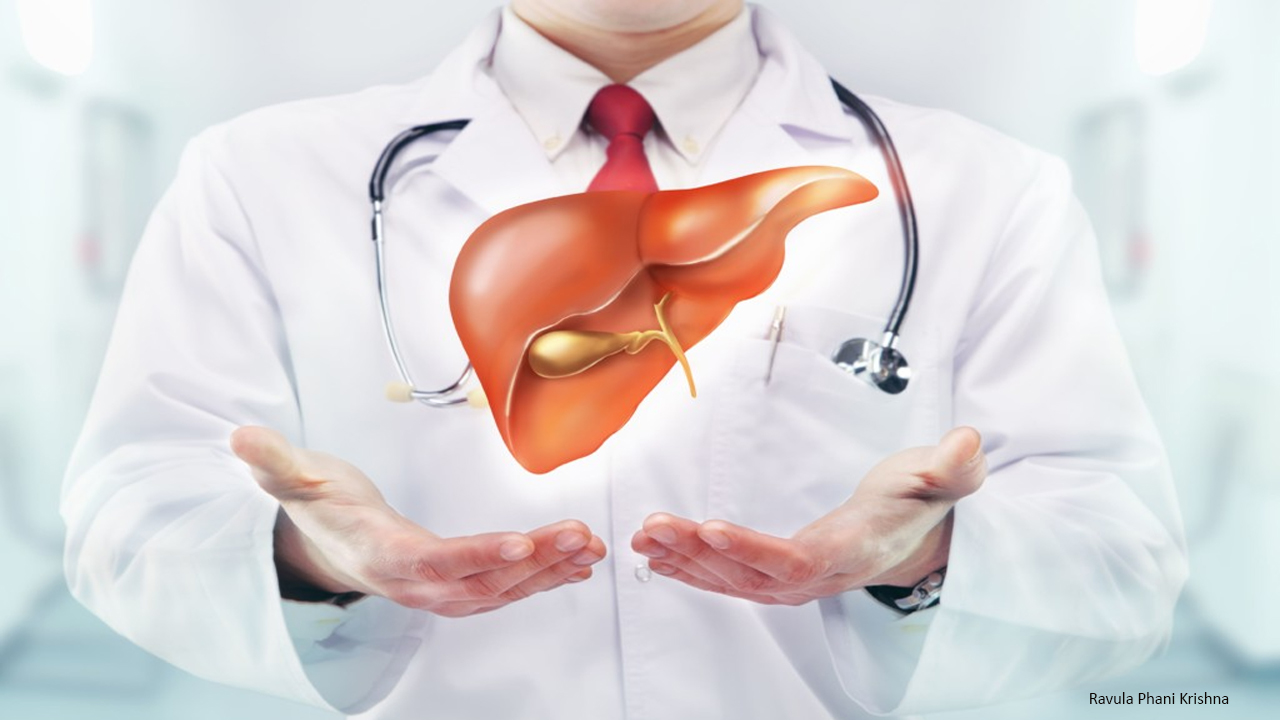The liver is significant for the overall healthy functioning of our body. It is the largest gland and the largest internal organ. Protein productions for blood plasma, production of cholesterol, bile production for carrying away wastes and unnecessary fats, processing of haemoglobin, clearing blood from harmful substances, iron and glucose metabolisms, etc. are all dependent on this vital organ.
What can lead to liver damage
Stereotypically, it is believed that liver disease is linked to alcohol or drugs. The truth is that there are more than 100 forms of liver disease caused by many factors that affect people of all age groups; right from infants to senior adults. Some of the common reasons for liver damage are:
Alcohol
If the liver is being provided by too much alcohol to handle, then it leads to a chemical imbalance and its normal functioning gets disrupted. How much alcohol is too much for the liver depends on gender, age, weight, nationality, and health. Based on these factors, if the liver is required to detoxify alcohol beyond its capacity, then liver cells may get altered or destroyed resulting in fatty liver (fat deposits), permanent scarring (cirrhosis), or inflammation (alcoholic hepatitis). Excessive alcohol can also cause liver cancer.
Obesity
Obesity is the cause of many diseases. In the context of the liver, nonalcoholic fatty liver disease (NAFLD) is caused by a sedentary lifestyle, high-calorie intake, and high BMI levels.
Viral hepatitis
Viral hepatitis is caused by viruses that attack the liver. The most common forms are hepatitis A, B, and C. Hepatitis A and B can be prevented by the vaccine. Whereas, efforts are underway to develop a Hepatitis C vaccine. In the absence of this vaccine, the virus turns fatal and can completely damage the liver to an extent that liver transplant remains the only option.
Drugs and toxins
Anything that enters our body is processed by our liver including medications and chemicals. Chemicals cause both predictable and unpredictable reactions. The predictable reaction is overconsumption or overexposure to certain chemicals like acetaminophen or industrial toxin like polyvinyl chloride, carbon tetrachloride, etc. which directly affect our liver’s health.
Autoimmune Disorders
In some autoimmune disorders, the body’s immune system gets attacked through bile ducts causing scarring or inflammation of the liver which is a progressive form of liver disease.
Cancer in other parts of the body
The liver filters a high volume of blood. Blood might carry cancer cells from any part of the body making the liver prone to developing secondary cancer.
When to get alert
If we are experiencing the following symptoms regularly, then it’s time to be alert and visit the doctor:
- Nausea
- Vomiting
- Weight Loss
- Weakness
- Fatigue
- Jaundice
- Itchy skin
- Swollen abdomen, ankles, and legs
- Easy bruising
- Decrease in appetite
- Dark urine
Limitations
About 75% of the liver tissues need to be affected before the liver stops functioning normally and the exact type and cause of the disease can be diagnosed. So, the challenge is that we get to know about liver-related diseases late. It’s important to make ourselves aware of the liver limitations so that we can keep our liver secure from any future disaster by adopting a healthy lifestyle and not taking even the smallest of symptoms lightly.

 Our body signals liver damage quite late. It is a big reason why we should always be in a precautionary mode so that our liver can maintain its good health.
Our body signals liver damage quite late. It is a big reason why we should always be in a precautionary mode so that our liver can maintain its good health.









.jpeg)


.jpg)






.jpeg)



.jpg)


.jpg)




.jpg)


